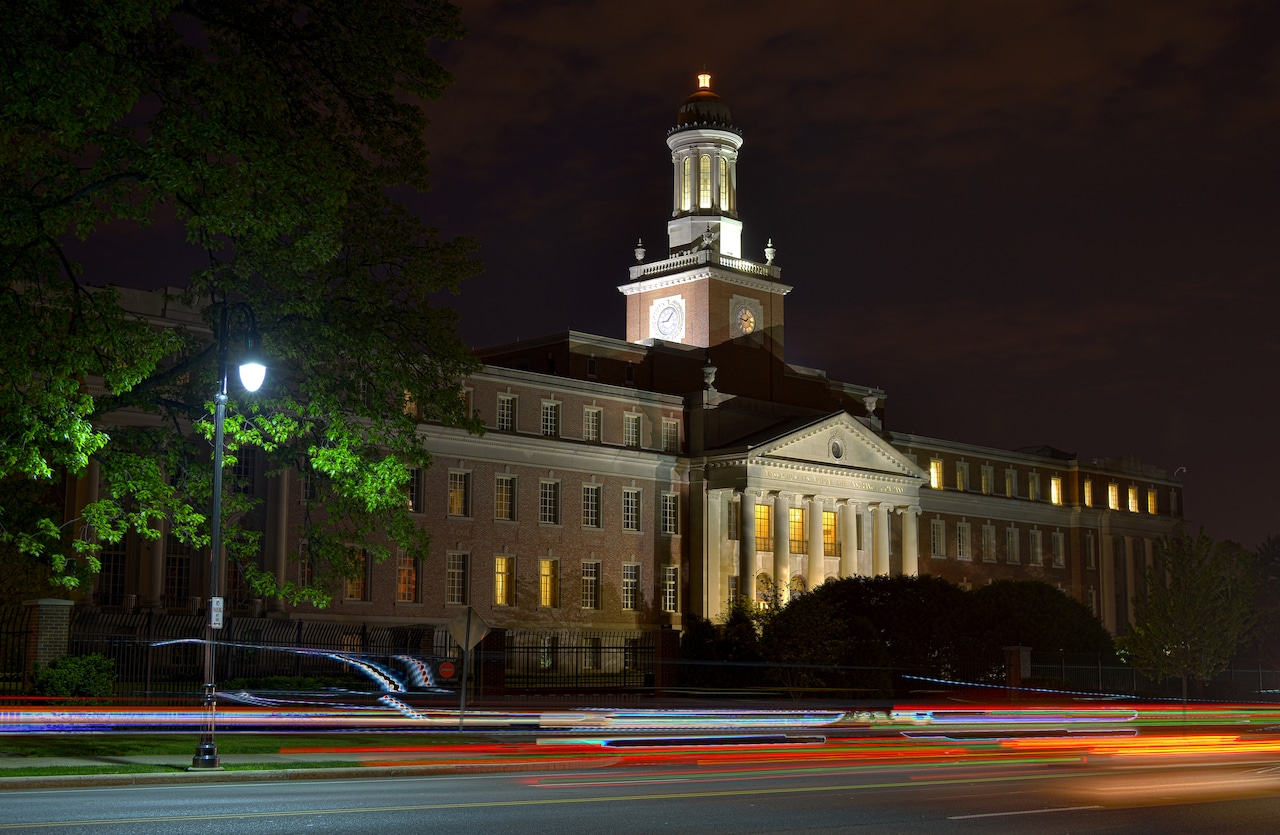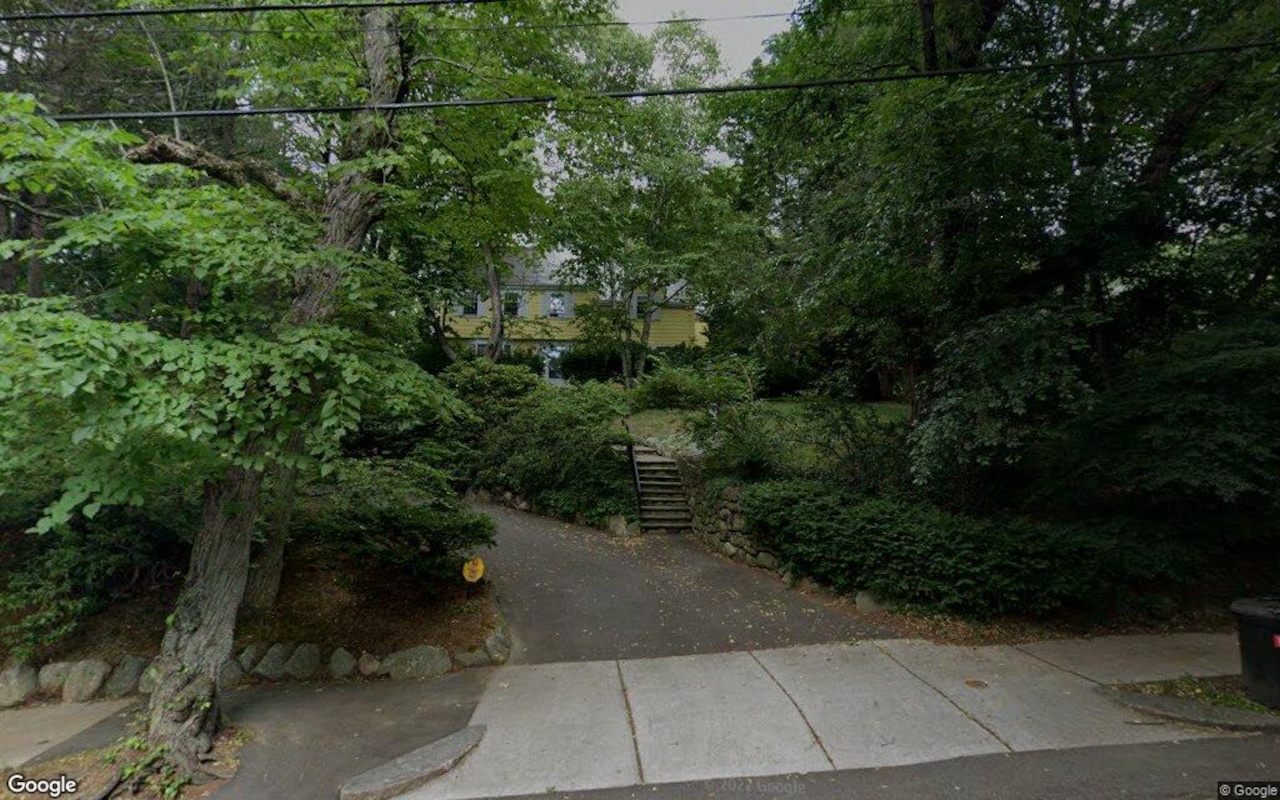
Imagine yourself lying on a blanket in the sand, a sea breeze blowing, the warmth of the sun on your skin, your eyes closed as you listen to the sound of the waves breaking on the shore as you drift off to sleep. Paradoxically, doing this causes some stress. Not because of children kicking sand your way, sea gulls stealing your chips or the sun hiding behind the clouds for a few minutes. But because the pressure to relax and unwind leads to frustration and anxiety. “Stresslaxing” is a newer term, not yet a clinical diagnosis, that refers to the experience of feeling stressed while attempting to relax.
Forty years ago, a study showed that 30%-50% of people experience stress when attempting to relax. The concept of relaxation-induced anxiety has been looked at over the years and more scientific research has led to acceptance of the term, definition, causes and how to alleviate it.
Our brains are actually rigged to worry and survive. Most things we worry about don’t actually happen. So when we worry about something, our brains convince us if we keep worrying, it won’t happen. It becomes a cycle. Or relaxing makes you stressed because you are not working on what your primary cause of stress is. Some may worry about how well or efficiently they are relaxing. The research suggests if you already struggle with generalized anxiety or overthinking, you may be more prone to stresslaxing. It may cause panic attacks and depression.
It is also thought to happen in those “seeking achievement to make a difference and create something meaningful, looking for praise and recognition, on a mission to make the world a better place or wanting to feel joy from a sense of accomplishment.” Some also stay busy and avoid relaxing subconsciously to avoid thinking about negative thoughts, memories, grief or traumatic experiences.
Many feel overwhelmed with work, school, family and other commitments. They feel like they are constantly caring for others or taking care of responsibilities. They don’t feel like they are allowed to stop and relax. Our world has become 24/7 with stores open late, TV and social media available around the clock. There are no longer clear boundaries of work time and leisure time. Most were raised with enforcement of a strong work ethic, being told to use your time wisely, work before play, don’t be lazy. Many feel guilty relaxing.
Suggestions to alleviate stresslaxing include meditation, yoga, exercise, writing, visualization, muscle relaxation, massage and breathing techniques. Don’t worry about what anyone else thinks. Limit-decision making. Remember why you are trying to relax. Set boundaries between work and home life. Focus on a “done” list rather than a “to-do” list. Have realistic expectations and self-compassion.
Why relax? Chronic stress increases health problems such as a high blood pressure, heart attacks, fatigue, ulcers, headache, body aches, difficulty concentrating, irritability, mental health issues and strokes. Natalie Dattilo, clinical psychologist, said, “The real goal of relaxation is to downshift our nervous system.” She explains this an active process to elicit the relaxation response which is the physiological opposite of the fight or flight response. “It counteracts the negative effects of stress and returns our nervous system to a homeostatic balance.”
Stresslaxing is due to external pressures and internal dynamics. It seems grossly unfair and contradictory that one feels more stressed when trying to feel less stressed. The late Jimmy Buffet gave us music. He also gave us all permission to relax on a boat or a beach, to laugh and to make margaritas when life gives you limes. Good advice.
Take care of yourself and someone else.
Juanita Carnes is a Westfield resident and a nurse practitioner with 38 years of experience in a hospital emergency department and urgent care facilities. She served 30 years on the Westfield Board of Health.




